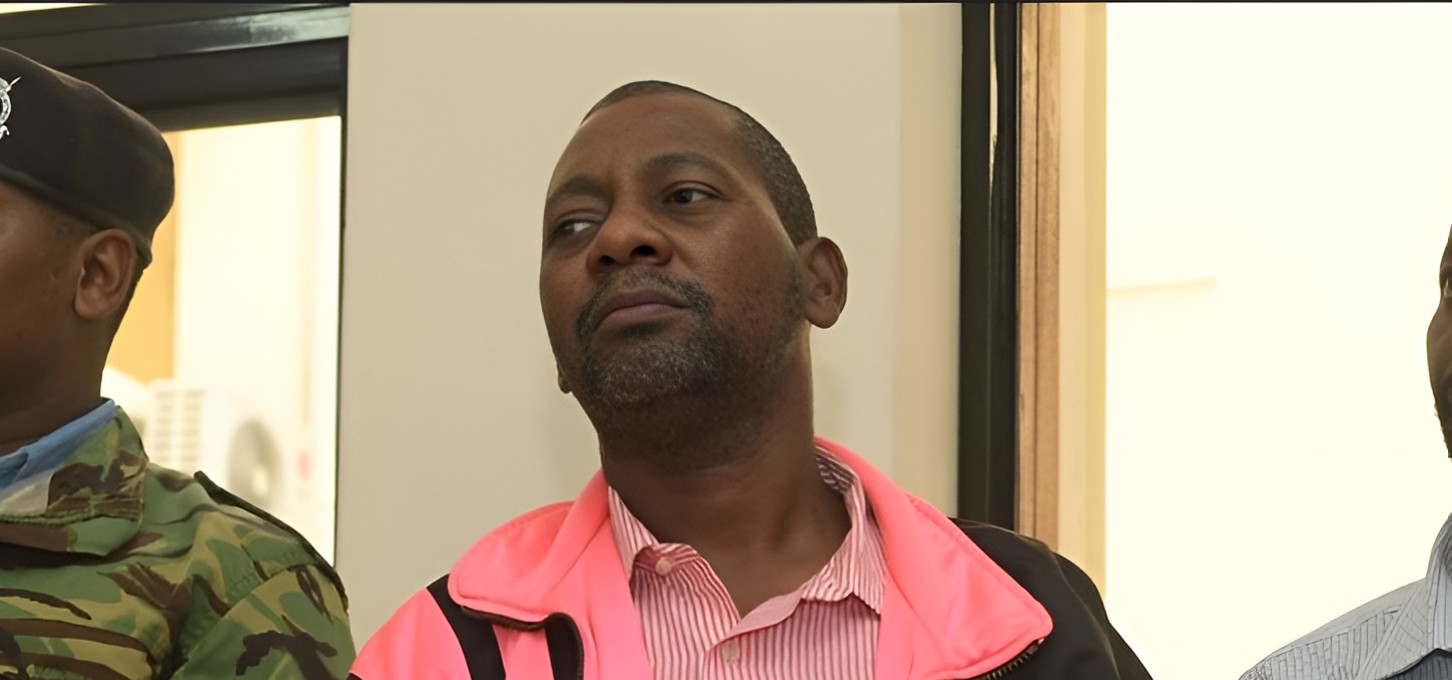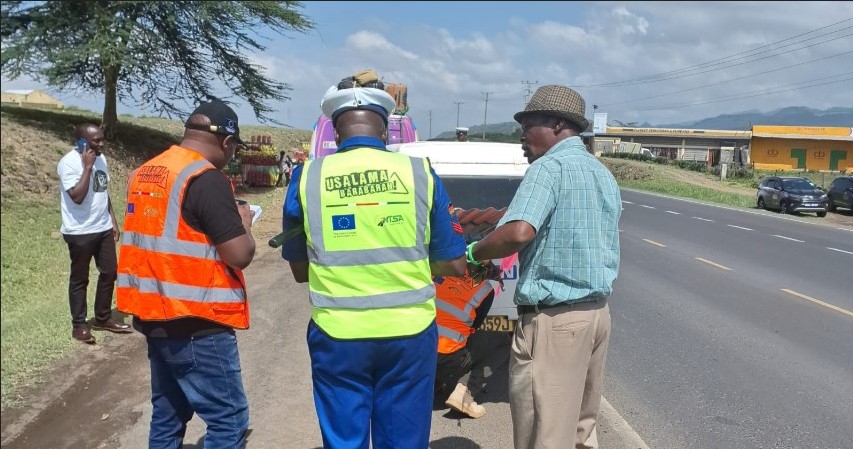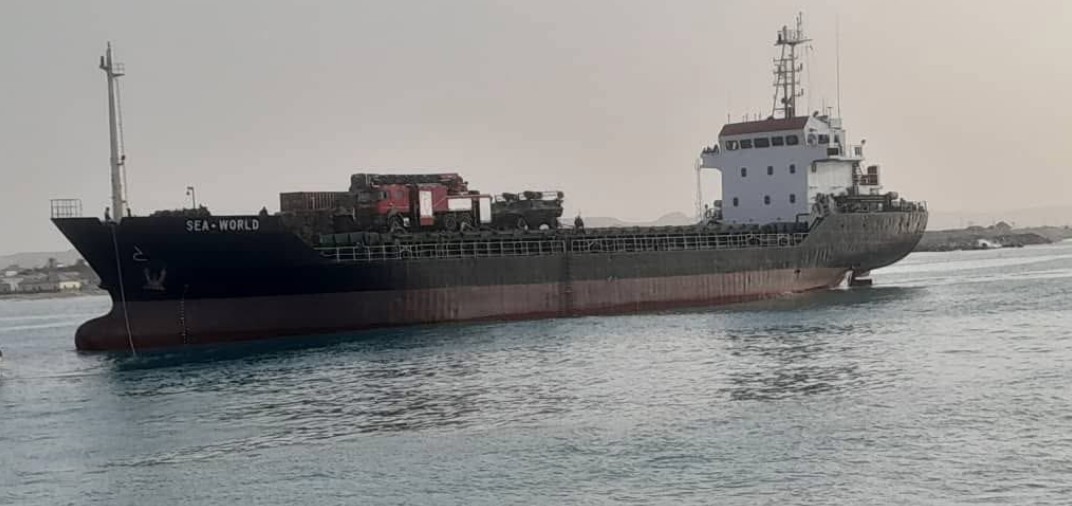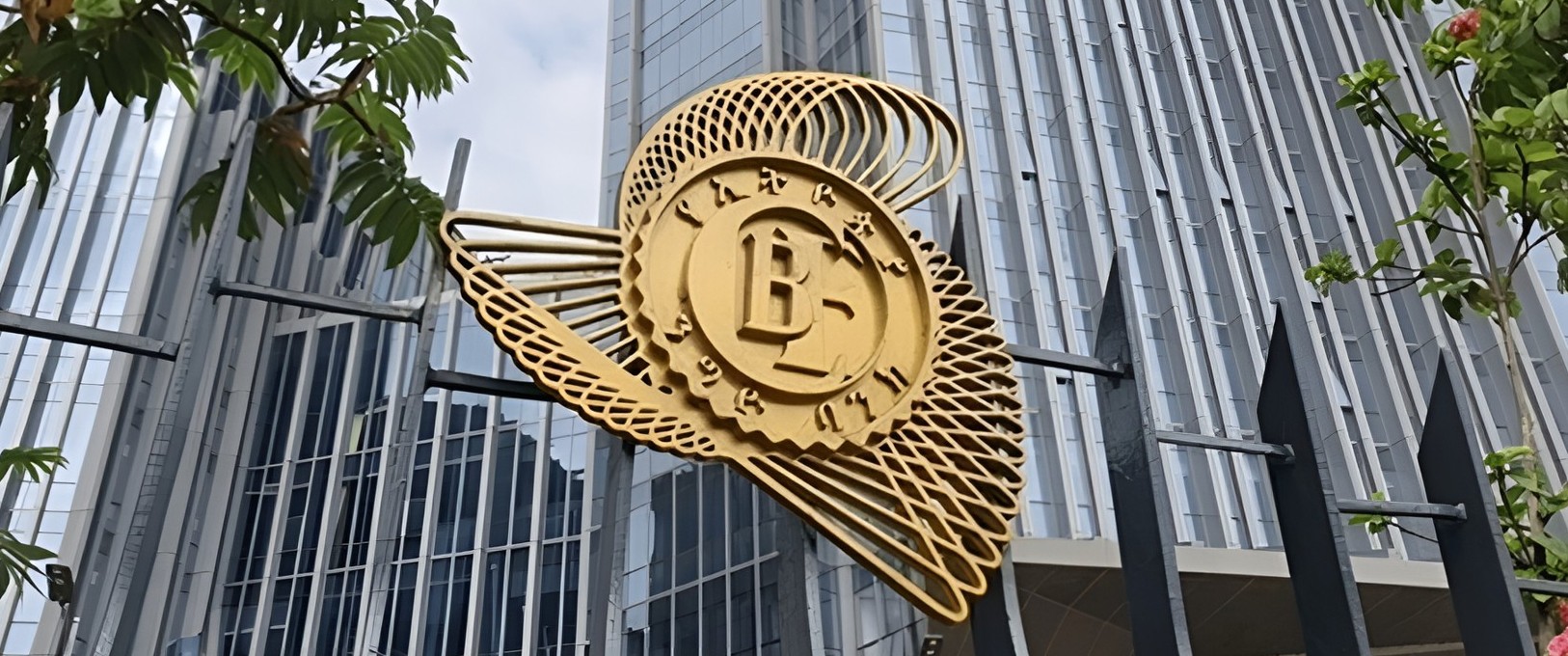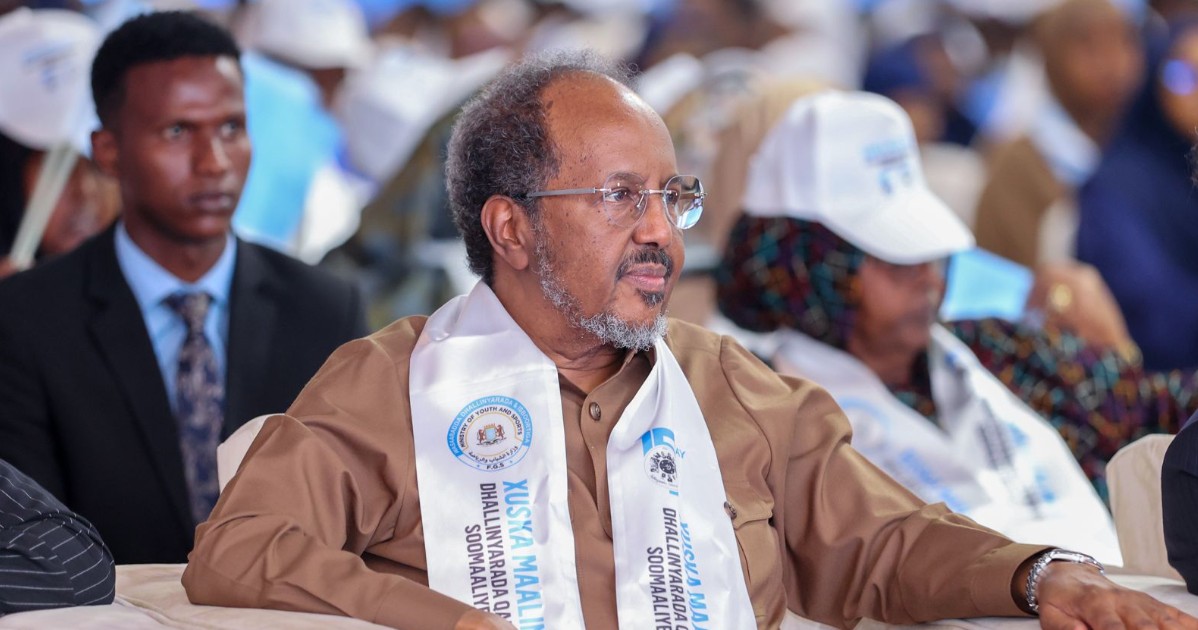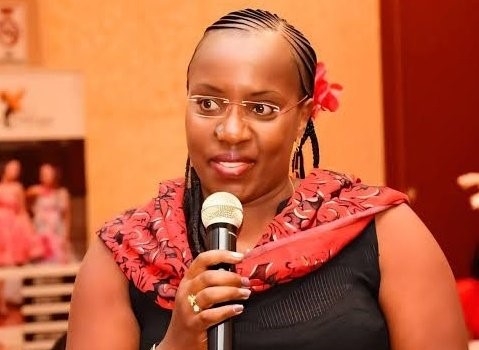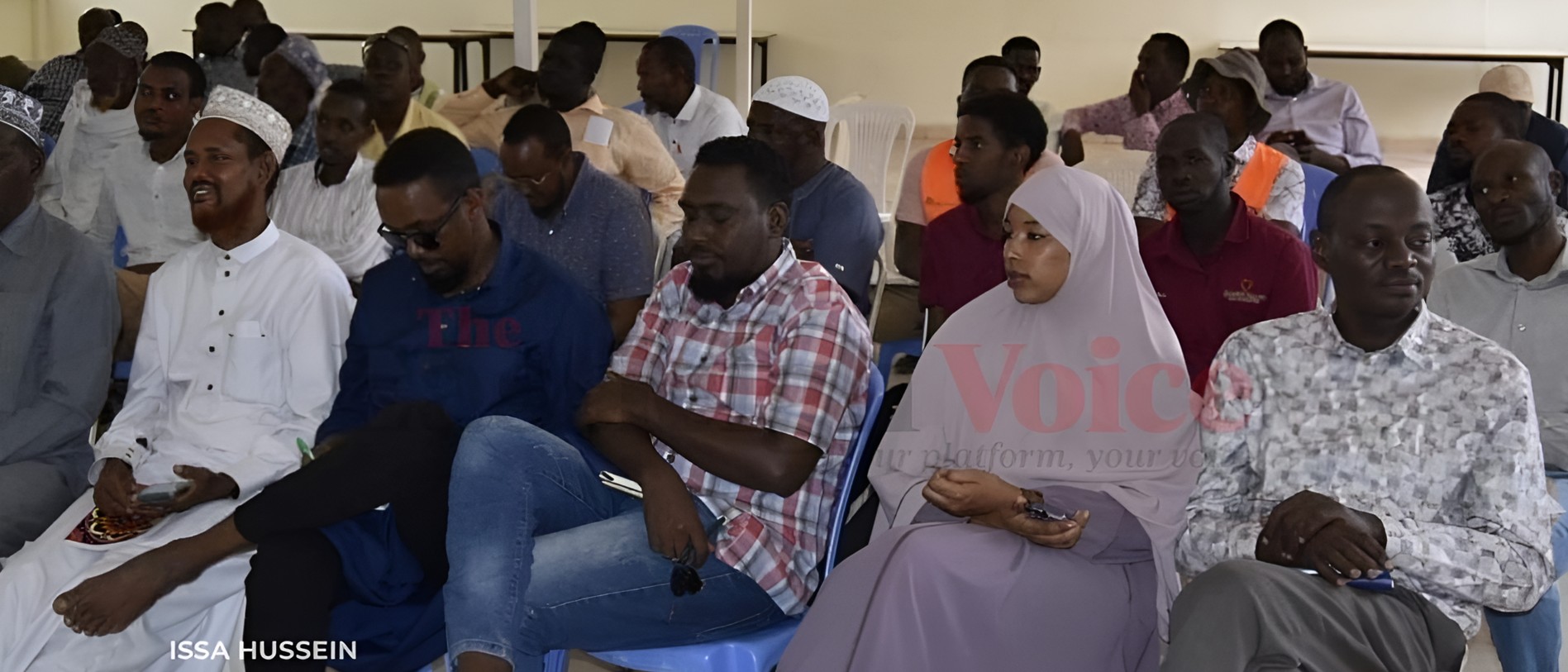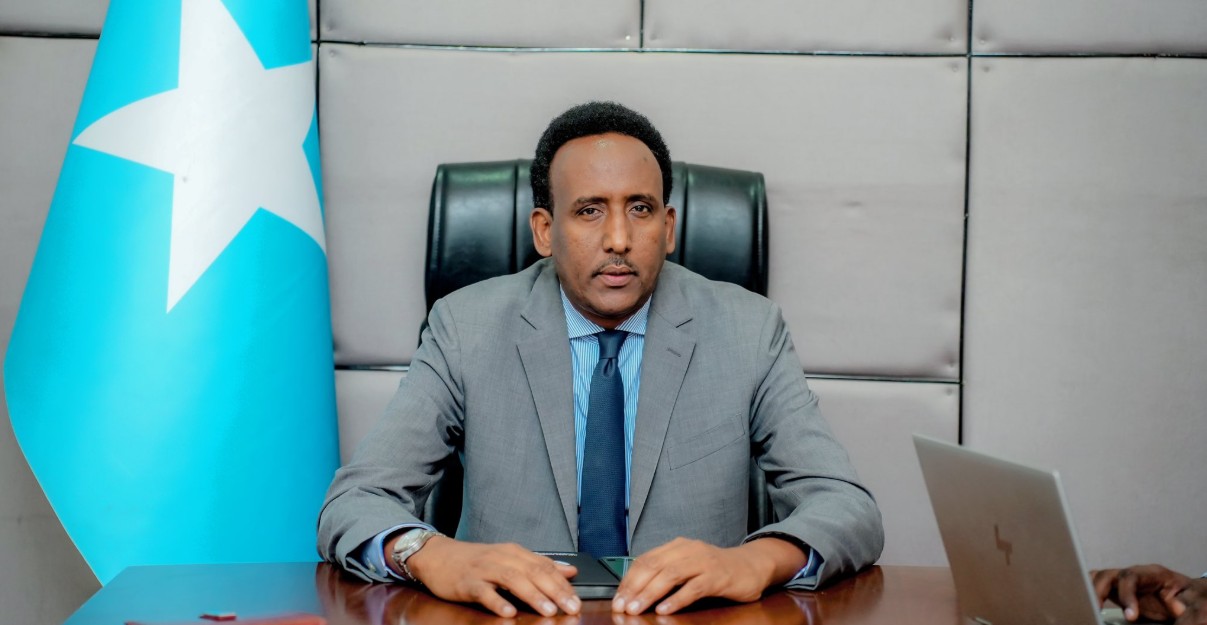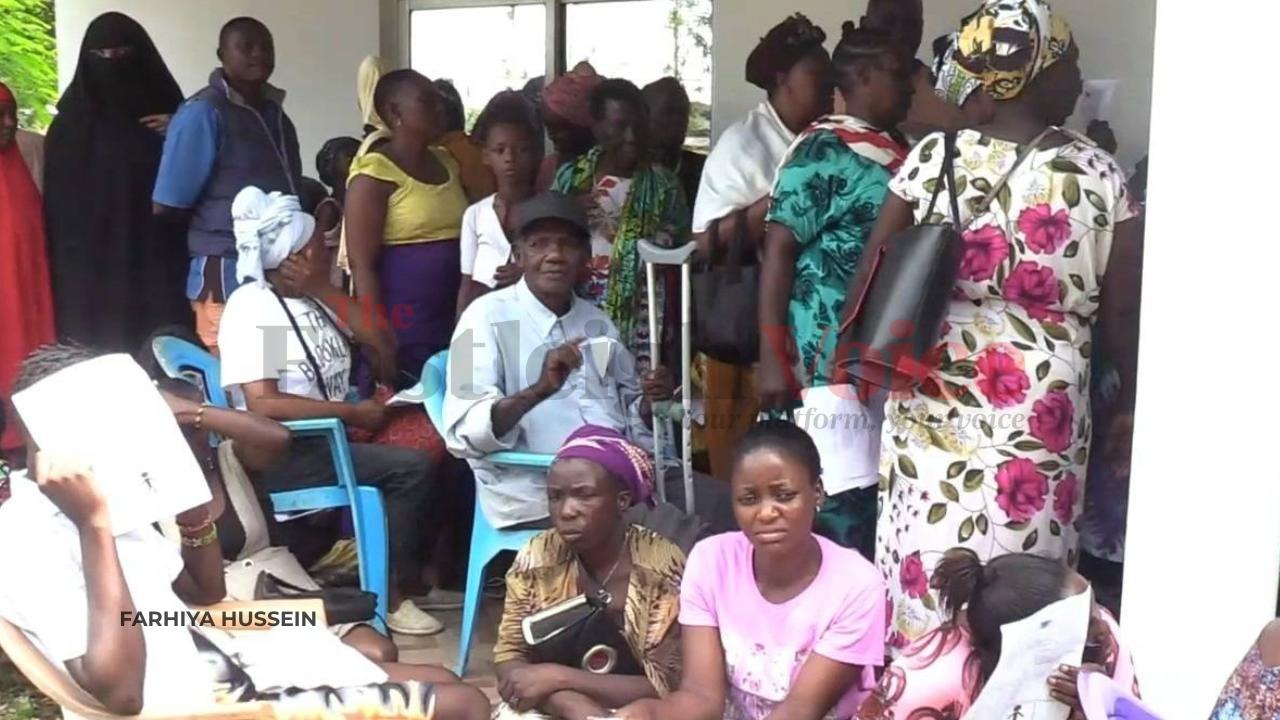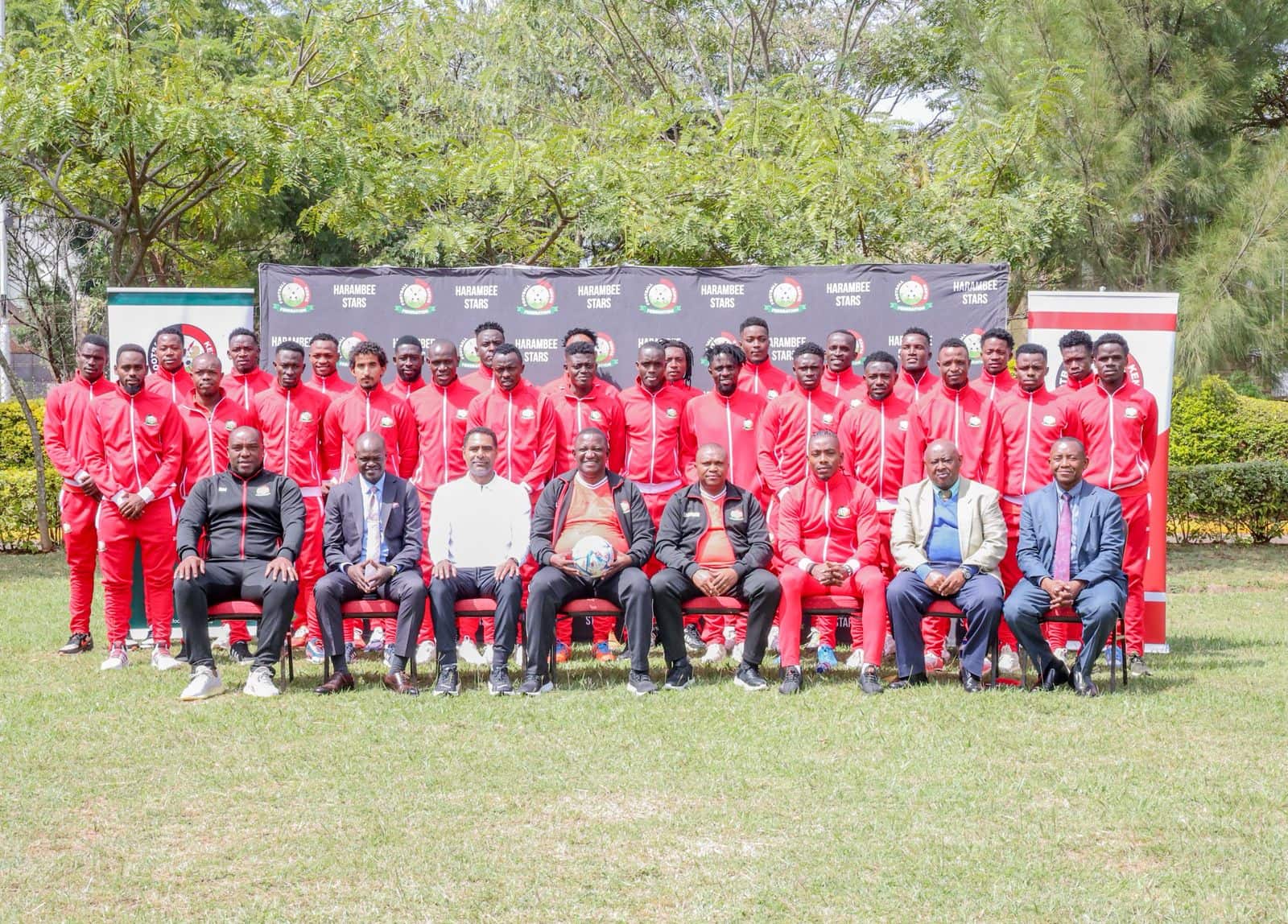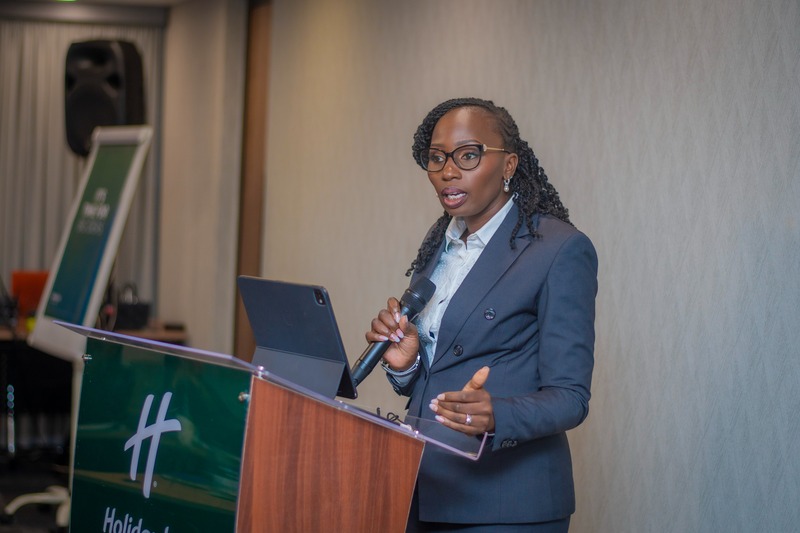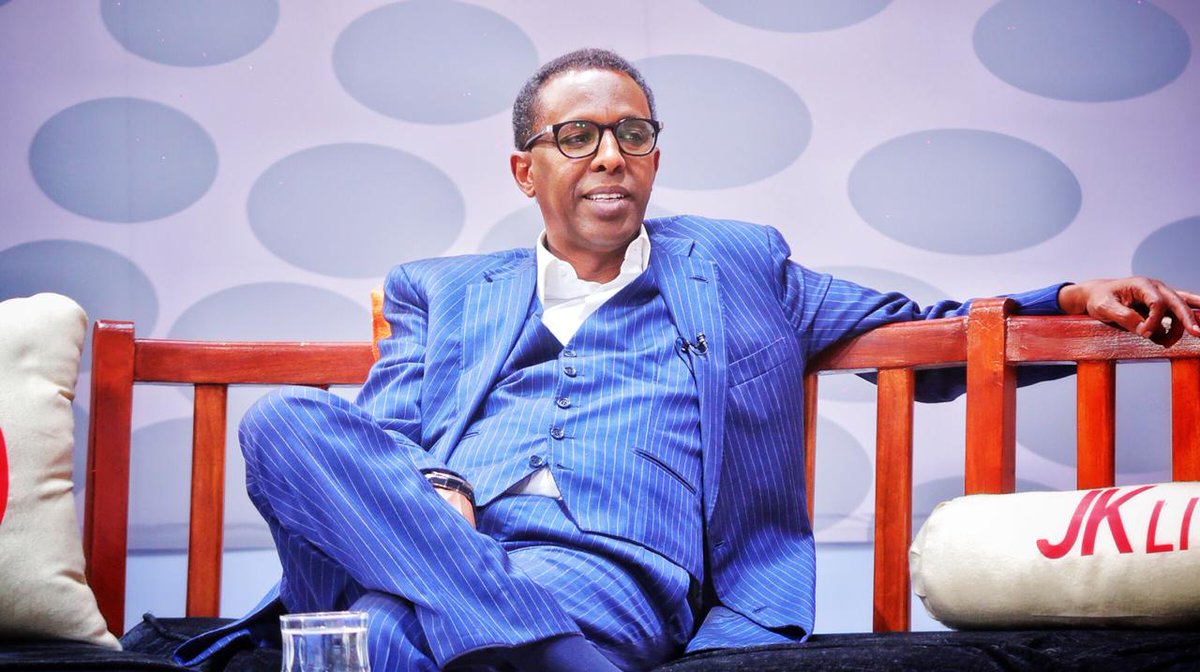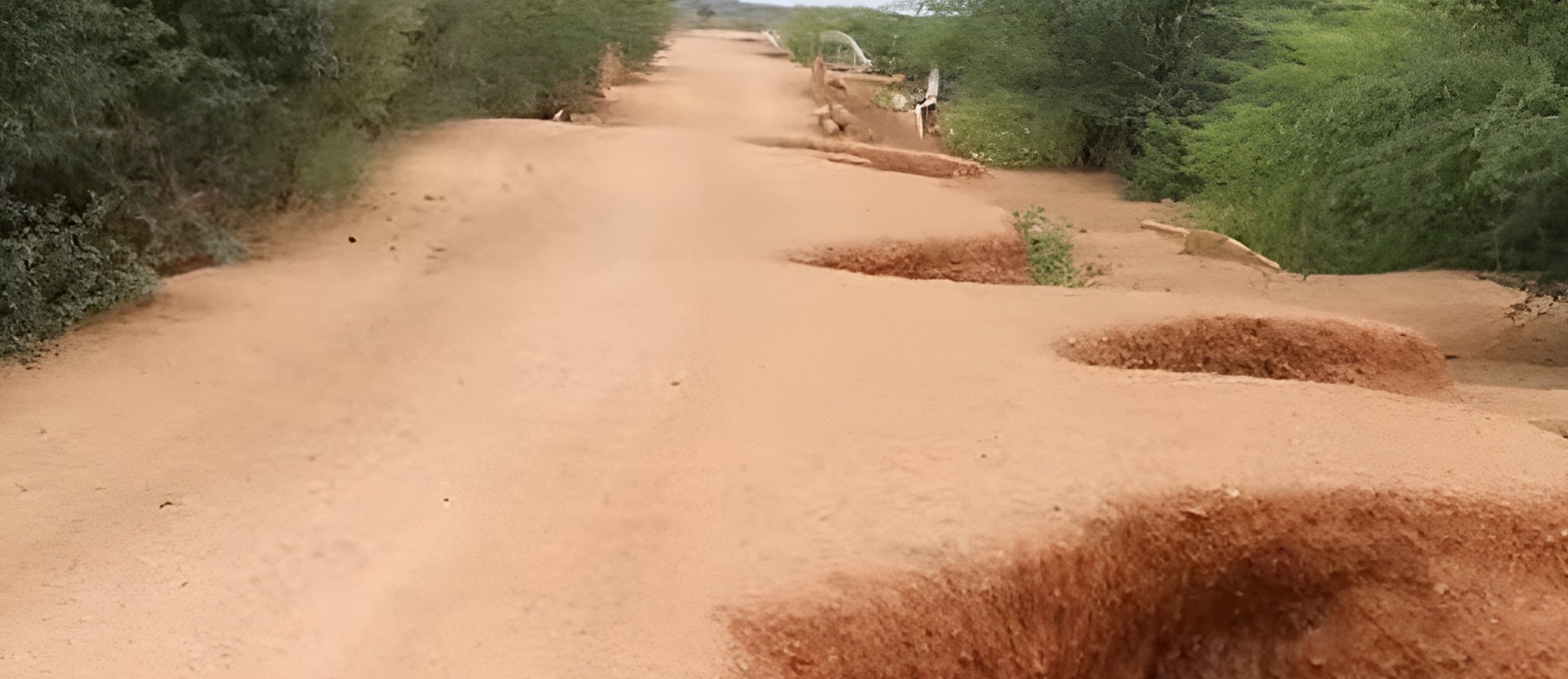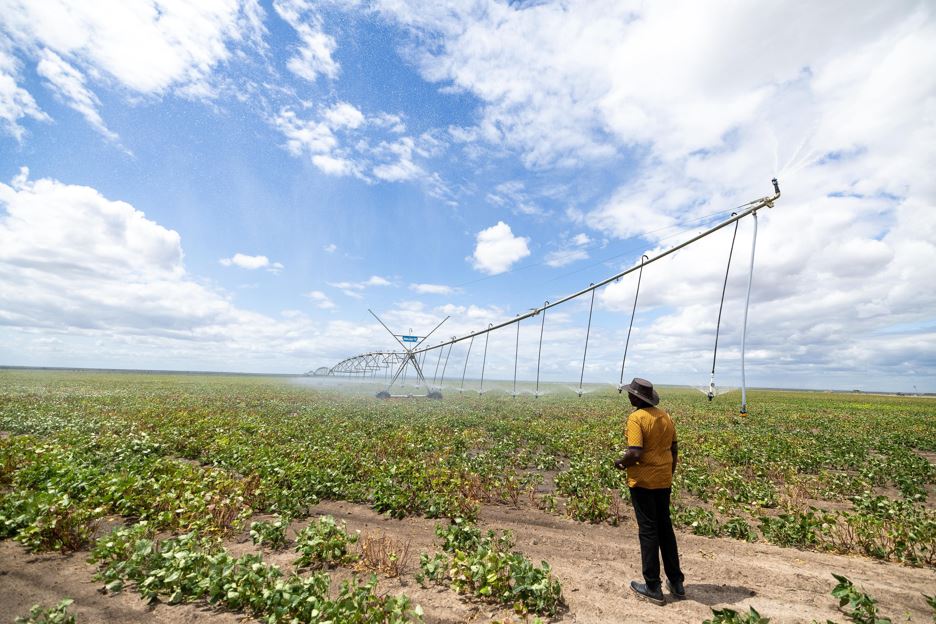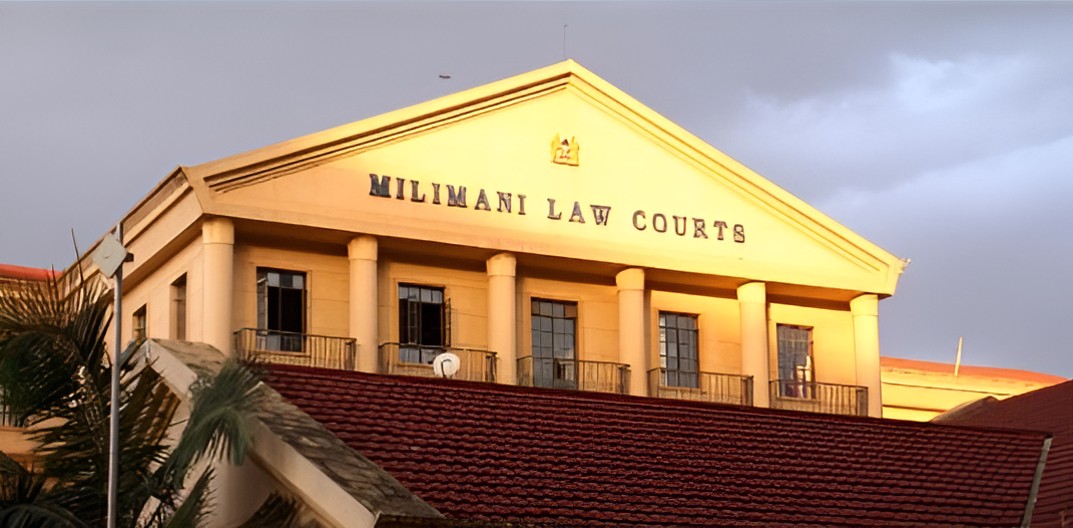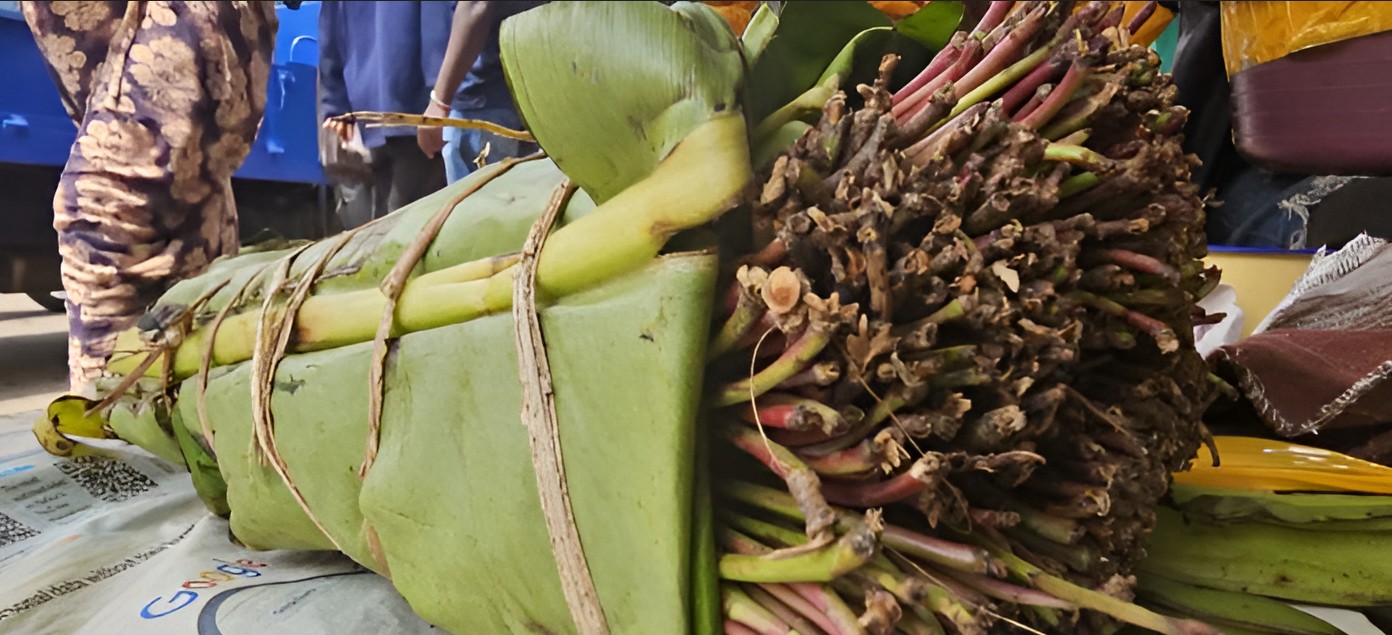Egypt snubs US offer on Nile dam over condition to relocate Gazans to Rafah
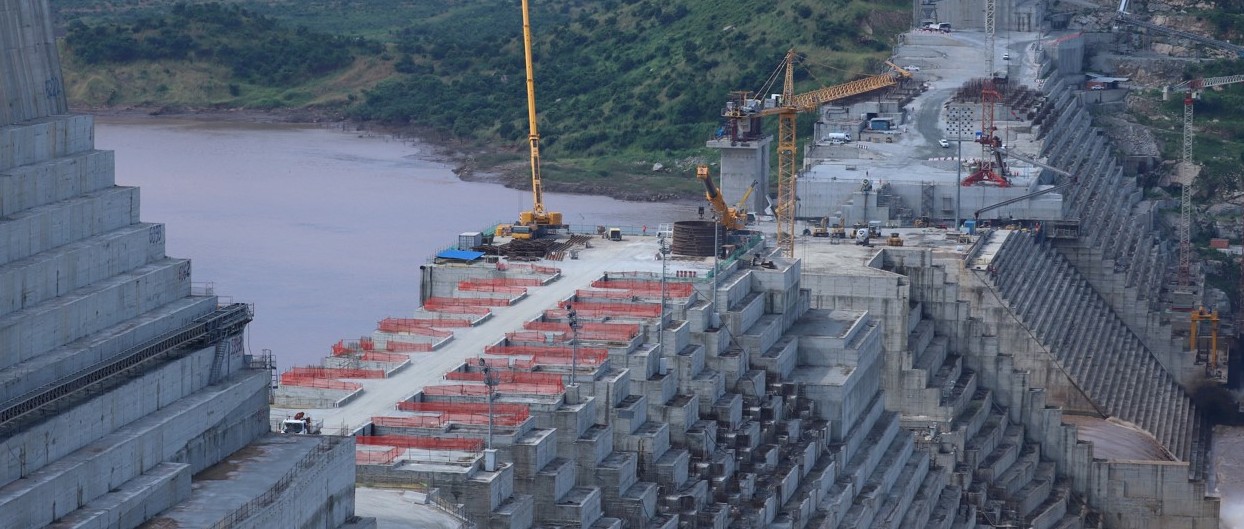
The GERD dispute, already fraught with legal, environmental, and sovereignty concerns, now finds itself entangled in the broader complexities of Middle East geopolitics, where water security and humanitarian crises are becoming increasingly intertwined.
Egypt has rejected a proposed US mediation in its ongoing dispute with Ethiopia over the Grand Ethiopian Renaissance Dam (GERD), following reports that the offer was tied to a highly controversial condition: Cairo’s cooperation in relocating Palestinians from Gaza into Rafah.
According to The New Arab and affiliated sources, the Trump administration had floated the idea of a "decisive intervention" to help Egypt secure its share of Nile waters.
More To Read
- Over 100 NGOs call for urgent access routes for aid into Gaza
- Gaza: UN staff now fainting from hunger, exhaustion; WHO worker detained
- UN chief describes situation in Gaza as a 'horror show'
- At least 21 children die of hunger in 3 days as Gaza starvation death toll passes 100
- Guterres condemns killing of people seeking food as humanitarian conditions deteriorate in Gaza
- Dreams amid the rubble: Gaza women speak of homes, loss and hungry children
However, this diplomatic overture reportedly came with a geopolitical catch.
'Humanitarian city'
In exchange for Washington’s support on the GERD issue, Egypt was expected to work with Israel to establish a so-called "humanitarian city" near the Rafah border, intended to house displaced Palestinians from Gaza.
Critics have described the proposal as a veiled attempt to create a makeshift concentration zone and force demographic changes in the region.
Egyptian officials flatly refused the offer, warning that any cooperation could risk escalating tensions and potentially lead to a direct confrontation with Israel.
The stakes are high for Egypt, which relies on the Nile for more than 90 per cent of its freshwater needs.
Cairo has long viewed the $5 billion GERD project—constructed on the Blue Nile by Ethiopia—as a serious threat to its water security.
While Ethiopia maintains that the dam is crucial for its economic development and energy needs, Egypt fears it could significantly reduce downstream water flow, particularly during droughts.
Redrawn Egypt’s red lines
Although President Abdel Fattah al-Sisi previously welcomed US involvement and even thanked former President Donald Trump for his “keenness” to mediate a fair deal, the latest linkage with the Gaza issue has redrawn Egypt’s red lines.
Diplomatic sources in Cairo described the proposal as not only unethical but also a strategic provocation.
Tensions were further inflamed by recent remarks from Israeli Defence Minister Yoav Gallant, who revived the idea of a “humanitarian enclave” in Rafah to accommodate displaced Gazans.
Egypt views this as a covert attempt to engineer the forced relocation of Palestinians—a red line it has repeatedly vowed not to cross, even under international pressure.
The GERD dispute, already fraught with legal, environmental, and sovereignty concerns, now finds itself entangled in the broader complexities of Middle East geopolitics, where water security and humanitarian crises are becoming increasingly intertwined.
Top Stories Today
